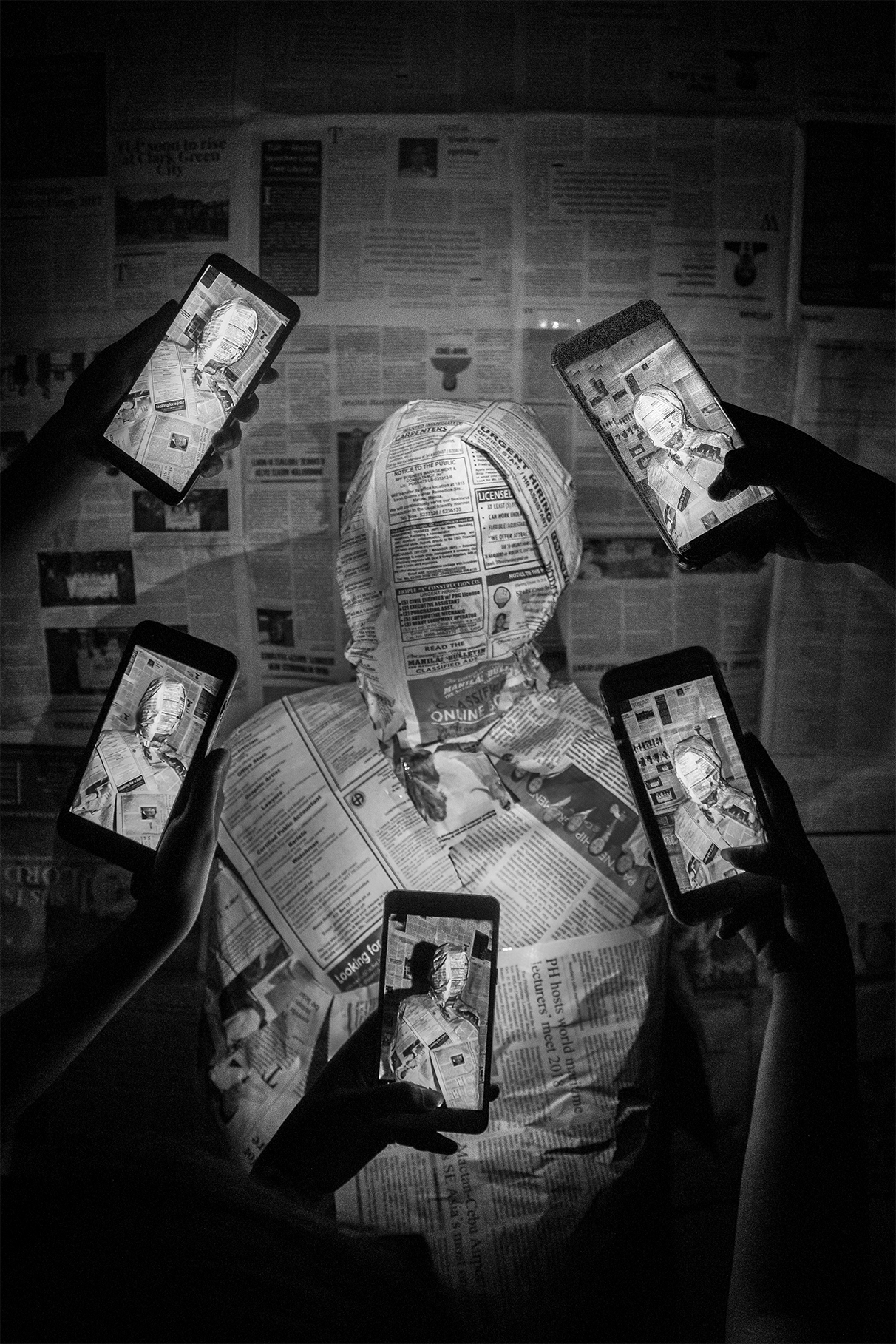Besides keeping in touch with friends and loved ones, tech-savvy people have referred to social media as a safe space for conveying their personal thoughts. Online platforms may have become a haven for those wanting to connect within a larger spectrum, but using them without careful thought may result to a hateful and toxic environment—one wherein the exercise of freedom of speech becomes problematic.
Being able to speak out and calling out do not necessarily mean the same thing. According to the MacMillan English Dictionary, the former is being able to express a thought; while the latter is aggressively challenging and publicly confronting someone who has opposing ideas. Call-out culture defined by Egyptian media editor and writer Amy El-Zayaty as “the collective attitude of people who engage in the public ridicule of others,” often caused by actions or rhetorics that are against their personal beliefs.
With this culture gaining widespread fame and with becoming “viral” turning into a social performance and some sort of achievement for others, accusations and judgments alike thrown at online users create destructiveness to an individual.
Before, call-out culture was a tool used by people to protect themselves from harassers, becoming a mechanism used by marginalized people in order to address injustices and be heard. But instead of aiming to educate—particularly emphasizing on different problematic behaviors in need of attention—slowly but surely, it became an ongoing hunt for the next social media blunder—a misogynistic rant, different political and nonpolitical views, and infringement of social norms.
Nowadays, “pseudo-woke” individuals partake in a bandwagon of publicly humiliating fellow online users displaying contradictory views from their personal beliefs, opinion of the majority. This is blaming the offender without fully understanding the cause of their offense or pinpointing one part of an issue without completely understanding the intersectionality of a greater problem.
Call-out culture despotism
Recently, people have already been discussing how call-out culture is inherently oppressive.
Ilka Eickhof, a sociology professor at The American University in Cairo, believes calling out tends to cause more harm than help to target netizens.
Eickhof stressed out two major points on why call out culture on social media could be quite dangerous; first is intrinsic algorithm, the audience of wall posts, and how it regulates netizens in engaging with the contents; and second, “because social media is very much ego-driven thanks to likes and popularity.”
However, a new phenomenon that’s on the rise is “calling-in.” Defined by writers Sian Ferguson and Ahmad Assam as “reaching out privately to someone who is engaging in behavior which one disagrees with, and communicate as to why their perspective should be altered,” it’s an alternative to avoiding a public debate and somehow sincerely seeks to address the issue at hand.
Whether it’s calling out or calling-in, both are supposed ways to educate and inform, aiming to settle misunderstandings without public humiliation and use of harmful, destructive words.
Words do cut deep like knives, and the power of such a weapon should be used to tear down walls, not create more.
This article was originally published in The Benildean Vol. 5 No. 1: Emergence.


